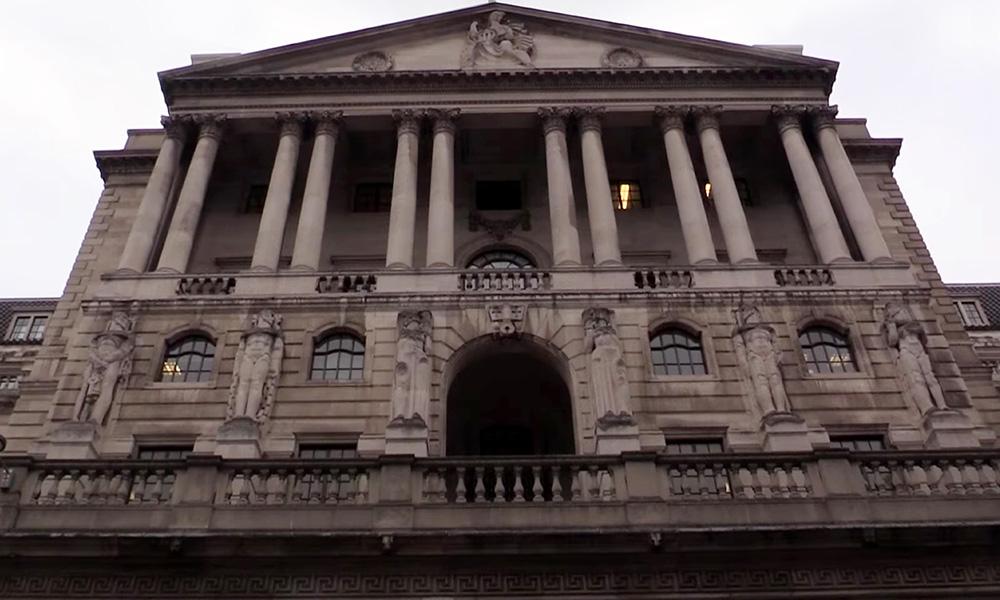Is a rate cut a political achievement? Labour's move to challenge Bank of England independence risks sterling following the dollar's footsteps.
2025-08-11 13:03:42
Following Thursday’s 25 basis point rate cut, the prime minister, chancellor and Labour MPs took credit for the move in a series of coordinated posts on social media.
"The good news is that interest rates have been cut five times since we came to power, and homebuyers can now pay £1,000 less for their mortgage than they did a year ago," Prime Minister Starmer said after the rate decision. "That's our plan for change in action."

Chancellor Reeves said: "Interest rates have been cut five times since the general election and are now at their lowest level in two years, reducing the cost of mortgages and loans across the UK. By restoring stability to the country's finances, we are putting more money in people's pockets."
A study of their social media posts and press conferences shows that this messaging is not new and that the government has been steadily linking BoE policy decisions to government policy.
This marks a change from previous governments, both Labour and Conservative, which have avoided making regular comments on BoE policymaking, let alone taking credit for any policy moves.
The developments in the UK come against the backdrop of US President Trump’s more overt attempts to influence the Federal Reserve, which has increased the risk premium on US assets and caused the dollar to fall in 2025. The pound faces similar risks as Starmer and Reeves try to reassure the public that government and central bank policies are consistent and coordinated.
Investors inherently trust institutions perceived as independent of politics and view technocrats as better decision-makers than politicians who work on a four-year cycle. Therefore, any buildup of risk premiums associated with central bank credibility issues would be costly for the pound.
There is a growing risk that future interest rate decisions will be jeopardized by political groups. We may already be seeing this: economists and financial market commentators are questioning why Bank of England Governor Andrew Bailey voted for a rate cut against his chief economist and the deputy governor in charge of monetary policy.
Two professional economists on the Monetary Policy Committee (MPC) believe the risks of cutting interest rates are too great given that inflation is rising and may soon reach 4.0%, which is double the central bank's target level.
Economist Sentance, who formerly served on the MPC, said: "Confused about what's happening at the Bank of England? You should be. Rising inflation usually requires high interest rates or rising interest rates, but right now, rising inflation means falling interest rates. Not surprisingly, four of the nine MPC members voted against this policy move. What a mess!"
He added: “Back in the second half of 2021 and early 2022, when inflation was rising, Bailey was found to have over-easing policy. He made the same mistake again when his deputy governor for monetary policy and chief economist urged a more cautious policy.”
There is a risk that consumers and businesses come to believe that the Bank of England's policies are politically motivated, undermining the perception that the central bank is a reliable and resolute force in the fight against inflation.
The belief that inflation is out of control will encourage workers to demand higher wages and encourage businesses to raise prices, which will add momentum to the inflation cycle.
The link Reeves and Starmer are trying to establish with the central bank is linked to the populist overtones of rate cuts: that they are stimulative and designed to boost the economy and jobs.
But a truly independent central bank would recognize that making unpopular decisions is entirely within its remit: rising unemployment is sometimes a necessary trade-off that central banks must make to control inflation. They are not motivated by popularity but by the greater good, and nothing undermines them more than inflation.
- Risk Warning and Disclaimer
- The market involves risk, and trading may not be suitable for all investors. This article is for reference only and does not constitute personal investment advice, nor does it take into account certain users’ specific investment objectives, financial situation, or other needs. Any investment decisions made based on this information are at your own risk.





















